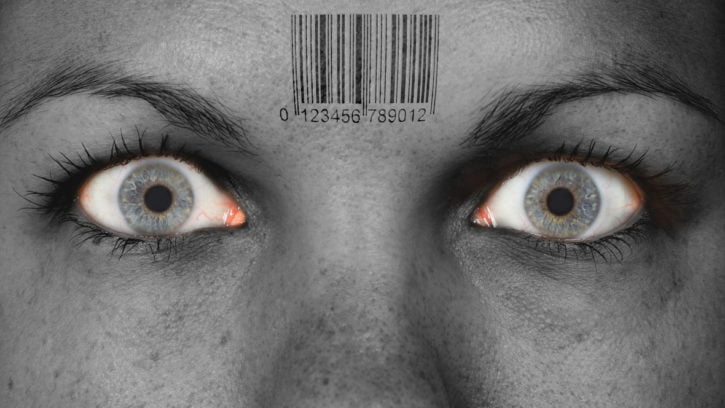The needs of women street sex-workers
Hazel Renouf (@HZNouf) has just (28 September 2017) published new research, supported by the Griffins Society, into the “Resettlement experiences of street sex-working women on release from prison”.
The research is based on interviews with sixteen women living in the community with histories of involvement in street sex work who have also had multiple experiences of custody and eight interviews with professionals working with this service user group around release from prison.
Background
Ms Renouf starts by setting the research context for women street sex workers in the UK.
This group of women face extreme and targeted violence towards them during the course of their sex working and are 12 times more likely to be murdered than other women of the same age. The vast majority have also been subject to extensive experiences of violence and abuse throughout their childhood and adult lives; a trauma which is compounded by poor mental health, periods of homelessness and high levels of substance misuse. Street sex workers occupy a marginalised position in society and are all too often seen as to blame for their circumstances and the attacks perpetrated against them. Street sex working women frequently come into contact with the criminal justice system and many have histories of repeated imprisonment, often as a result of acquisitive crimes committed to fund their addictions.
Key findings
Like many other women who have spent time in prison, street sex workers have multiple and complex needs which inevitably impact on the process of resettlement. Ms Renouf categorises the support they require into four main areas: housing, trauma, substance misuse and safety.
All the participants in the study had experienced leaving prison homeless, with many of them having been homeless before entering custody. Many simply returned immediately to sex working on release in order to meet their basic accommodation needs.
Many of the street sex working women in this study talked about their experience of trauma and how they used drugs and alcohol to cope with the ongoing effect of these experiences. They were frequently re-traumatised through their ongoing experience of abuse and their involvement in sex work.
A number of individuals thought that they would not feel safe enough to take up therapeutic support in criminal justice settings. Nevertheless, many individuals and almost all the professionals felt that therapeutic support should be made available to women throughout the resettlement process to help them cope with the interrelationship between trauma, substance misuse, street sex work and crime.
One of the key findings of this study is that service providers often did not understand the issues facing street sex working women and, consequently, services were not designed to meet their needs. Women often found themselves unable to adhere to lengthy assessments and appointment-based systems.

Good practice
The study includes an example of an innovative and needs-led approach to supporting street sex-working women leaving prison:
Street sex working women were identified by the project as having different needs to those of the wider population of women being released from prison: “What we found was because of their lifestyles, access to services were still there but they’re much more reluctant to access statutory services such as GPs, dentists – because they feel discriminated against.” They are generally unable to maintain tenancies due to a lack of life skills, chaotic lifestyles because of high levels of addiction and threats to their personal safety from punters and drug dealers. Street sex workers have “exhausted housing agencies”, and are dismissed by these agencies because “they don’t engage” and are “hard-to-reach”. The project recognises how “just giving them somewhere to live was not the answer”, but the street sex workers “need a slightly different approach in terms of support” and that this can only happen when they are ready and at their own pace.
In response to these needs, the project has developed a purpose-built unit Street sex workers can access from 10pm – 7am for somewhere to stay but then have access to 24 hour support, seven days a week including practical support: clothing, contraception and food. No drug use, men or punters are permitted on the premises and the building is protected by a high level of security and situated in an area that affords some privacy. There is no tenancy agreement or obligation to reside. However, as women take up the support offered and gain greater stability in their lives, they increasingly choose to stay.
The project takes referrals from the police and criminal justice agencies and provides immediate accommodation to street sex workers on release from prison. They are met at the prison gates on the day of their release. The project’s address is used as a “care of” address to enable women to set up bank accounts, apply for benefits and be referred to GP services at the earliest opportunity. Close links with the local drugs agency means that women staying at the unit have easy access to needle exchange, opiate substitute prescribing and sexual health services. Very few of the women who’ve been supported through the unit have been recalled to prison. They are supported to a temporary base appointments and court appearances. If women are arrested, police inform project staff so support can be provided at the earliest opportunity. Thorough and detailed risk assessment and risk management plans are in place for each individual woman, to increase their safety and well-being.
Ms Nouf concludes her report by recommending the expansion of this form of support service throughout the country.
All prison posts are kindly sponsored by Prison Consultants Limited who offer a complete service from arrest to release for anyone facing prison and their family. Prison Consultants have no editorial influence on the contents of this site.





